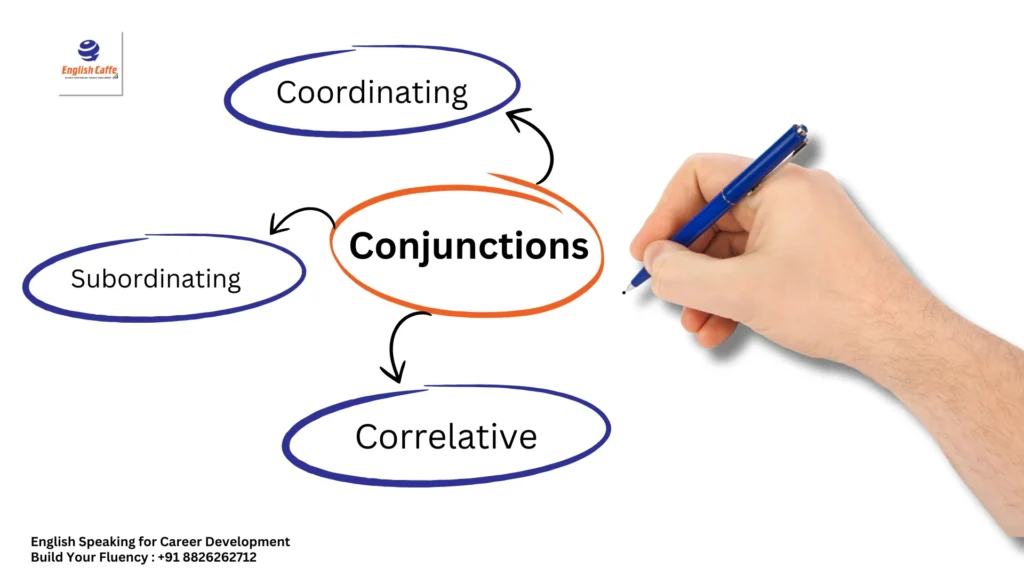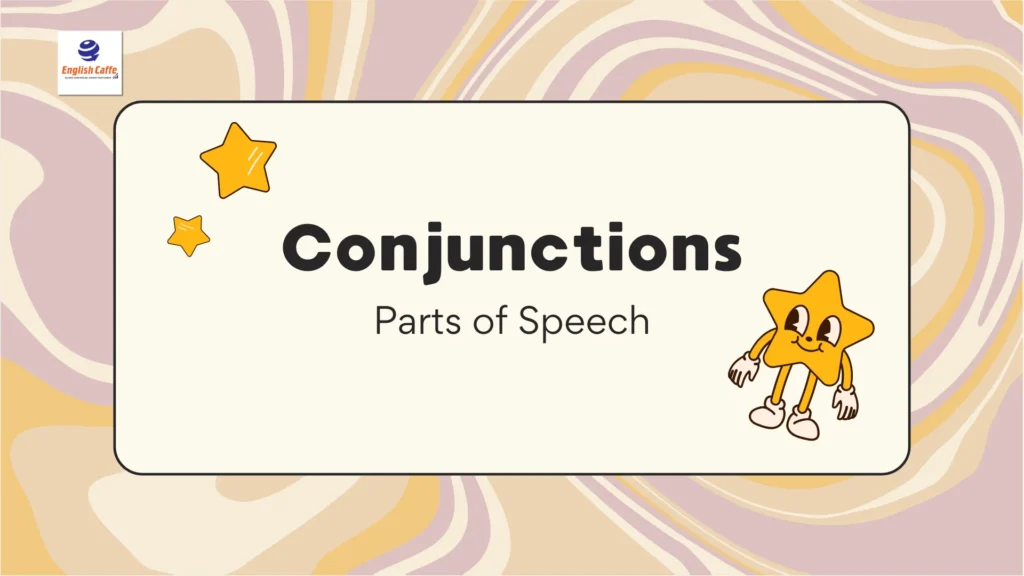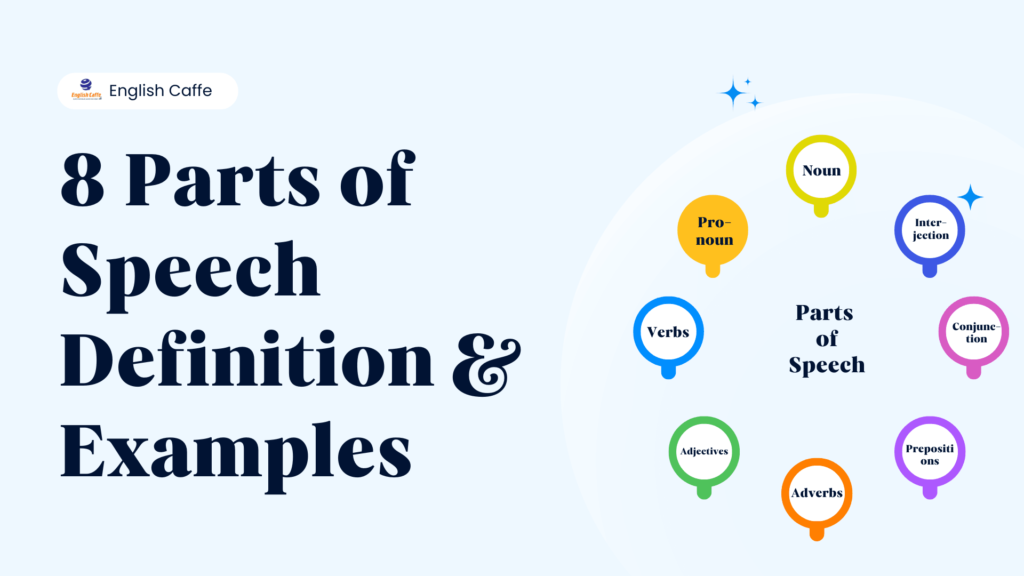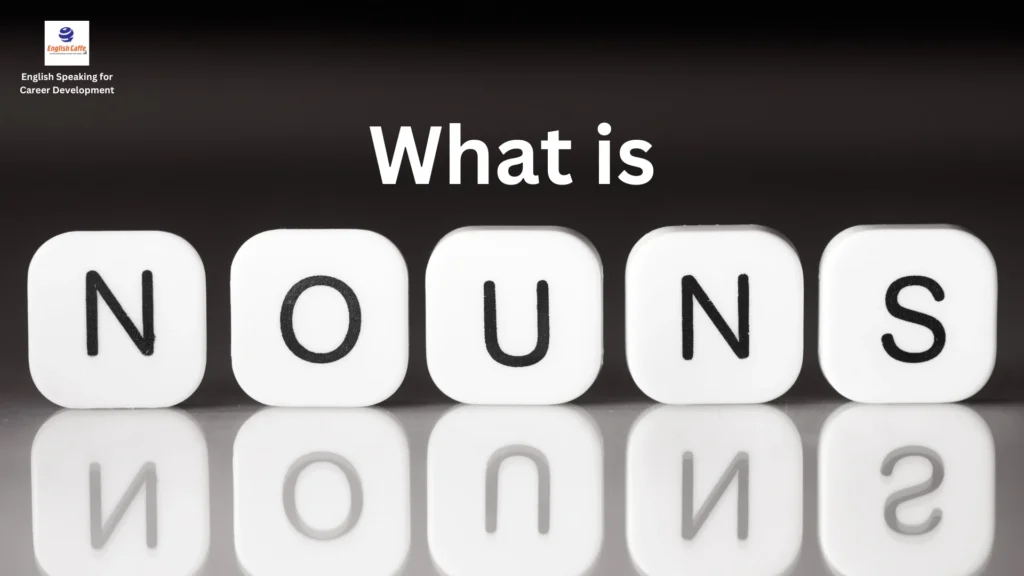Conjunctions are important parts of speech in English grammar. They help connect words, phrases, and clauses, allowing us to form complete and meaningful sentences. Knowing what conjunction examples are and how to use them can significantly improve your writing and speaking skills.
In this article, we will look at the different types of conjunctions, offer varieties of examples and usages in sentences. We will also include practice questions and answer frequently asked questions to help you understand conjunctions more clearly.
What Are Conjunctions?
Conjunctions refer to words that join or connect other words, phrases, or clauses in a single sentence. They allow the flow of ideas and help form more complex, meaningful statements. Without conjunctions, our sentences would sound choppy or incomplete.
For example:
- “I like to read and write.”
- “She was tired, but she continued working.”
In the above examples, and and but are conjunctions that connect two different ideas.

Types of Conjunctions
Conjunctions are divided into three main categories:
- Coordinating Conjunctions
- Subordinating Conjunctions
- Correlative Conjunctions
Let’s look at each type and explore conjunction examples for each.
1. Coordinating Conjunctions
Coordinating conjunctions are connecting words for words or independent clauses or phrases of equal importance. The most common coordinating conjunctions are:
- For
- And
- Nor
- But
- Or
- Yet
- So
You can remember coordinators in this way: FANBOYS-for, and, nor, but, or, yet, so.
Example sentences:
- “I wanted to go to the park, but it was raining.”
- “She loves pizza, and she also enjoys pasta.”
- “He studied hard, so he passed the exam.”
2. Subordinating Conjunctions
Subordinating conjunctions, on the other hand, connect an independent clause to a dependent clause, creating a hierarchy of thought and meaning between the two parts. Some common subordinating conjunctions include:
- Although
- Because
- Since
- If
- Unless
- Before
- After
Example sentences:
- “I will go to the party if I finish my homework.”
- “Although it was late, he decided to stay up.”
- “She went to bed early because she was tired.”
3. Correlative Conjunctions
Correlative conjunctions work together in pairs to connect words or phrases of equal importance or weight.
- Both…and
- Either…or
- Neither…nor
- Not only…but also
- Whether…or
Example sentences:
- “Either you can stay home, or you can come with us.”
- “Both the teacher and the students were excited about the trip.”
- “Not only did she finish her homework, but also she helped her brother.”
Why Are Conjunctions Important?
Conjunctions are essential in English because they:
- Help create cohesion among ideas and thoughts, thus allowing for a smoother and more coherent syllogism.
- Broaden the variety of sentences by allowing the combining of simple sentences into one compound one.
- Help in expressing cause, effect, contrast, condition, and purpose clearly.
Practice Questions
Let’s practice what we’ve learned about conjunctions. Choose the correct conjunction for each sentence:
- She likes to play the piano, ________ she enjoys singing too.
a) and
b) but
c) so - I was tired, ________ I went to bed early.
a) but
b) because
c) or - ________ you study hard, you won’t pass the exam.
a) Although
b) If
c) Because - I can’t decide ________ to have pizza or pasta for dinner.
a) either…or
b) both…and
c) not only…but also - I went to the store, ________ I forgot to buy milk.
a) so
b) yet
c) because
Answers:
- a) and
- b) because
- b) If
- a) either…or
- b) yet
You can Join Online and Offline English Speaking Course in Noida & Greater Noida
Conclusion
Understanding what conjunction examples are and how they function in sentences is essential for anyone learning English. Whether you’re writing or speaking, using conjunctions correctly can improve your communication skills and make your sentences more organized. Now that you know the different types of conjunctions and have practiced with examples, you’re ready to start using them in your own sentences!
Remember to always review what conjunction examples are and practice using them. With time, you’ll become more confident and skilled in your grammar usage.
Frequently Asked Questions
Conjunctions are words used to connect other words, phrases, or clauses in a sentence. They help make the sentence more fluid and complete.
Yes! Some common examples include: and, but, or, because, although, and if.
The purpose of a conjunction is to link ideas, show relationships between clauses, and make sentences more coherent.
A coordinating conjunction is one that joins sentences containing the same type of information (two independent clauses), whereas a subordinating conjunction joins an independent clause with a dependent clause.
Correlative conjunctions are paired conjunctions that connect two parts of a sentence, such as either…or, neither…nor, and both…and.



